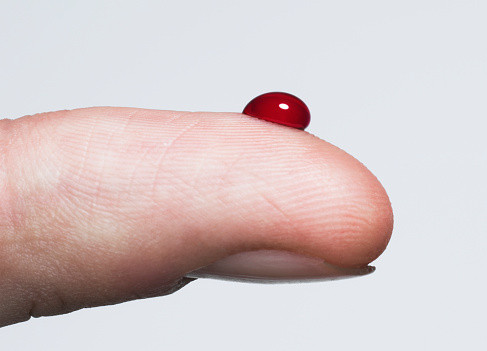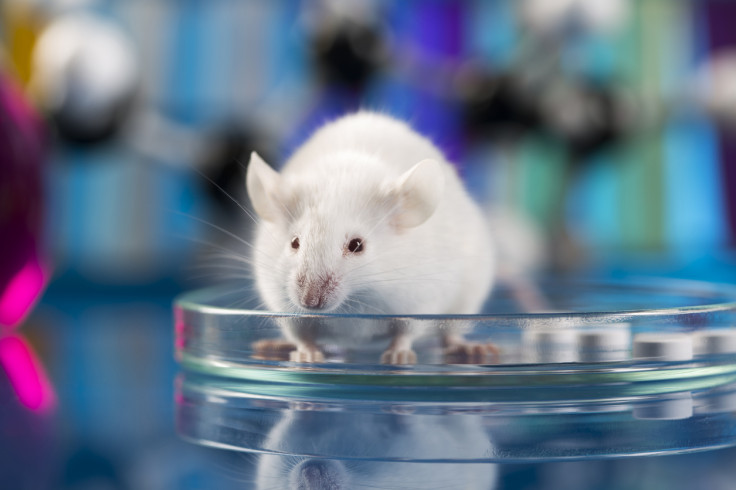Human umbilical cord blood boosts cognitive function in old mice
A protein called TIMP2 was identified in human plasma as having positive effects on cognition.

Proteins found in human umbilical cord blood plasma may improve cognitive function in old mice. This discovery could lead to the development of new therapies to target brain degeneration associated with ageing.
Ageing is known to have negative effects on cognitive function, with a part of the brain called the hippocampus particularly prone to these detrimental changes. The hippocampus is critical for converting experiences into long-term memories to help us remember spatial information. Hippocampal deterioration is in fact an early sign of Alzheimer's disease.
Studies have previously shown that exposure to some proteins present in young blood may counteract age-related changes in the brain.
In a study, now published in the journal Nature, researchers have hypothesised that human blood plasma of an early developmental stage, such as umbilical cord plasma, may provide a reservoir of such proteins.
Umbilical cord plasma treatment may thus help revitalise the brain, particularly the hippocampus.
The power of young blood plasma
To test this theory, the scientists from Stanford University decided to compare the effects of blood plasma from 19- to 24-year-old individuals, 61- to 82-year-old individuals and from umbilical cords – injecting the plasma in aged lab mice.

Like in humans, cognitive function deterioration and hippocampus degeneration were observed in older mice at the beginning of the study. However, when these animals received human umbilical-cord blood plasma, many measures of hippocampal function improved. They showed enhanced cognition, scoring higher in various tests of learning, memory and synaptic plasticity.
In contrast, plasma from older humans didn't help at all, while only a moderate effect was seen with young-adult plasma.
One protein responsible
The scientists decided to find out why umbilical cord blood was making old mice brains act younger. They identified a protein called tissue inhibitor of metalloproteinases 2 (TIMP2) which was abundant in human cord plasma but not in older people's plasma. It appeared in the brain of old mice, after umbilical cord plasma injection, and was thought to be responsible for the positive effects noted on their cognition and hippocampal function.
This was confirmed when scientists injected TIMP2 by itself into elderly mice. Alone, the protein was even more effective than umbilical-cord plasma to enhance cognition. However, no improvement in cognition was observed in older mice that were given human cord plasma depleted of TIMP2.
"Cord plasma, to us, represented a developmental, very youthful source of potential protein candidates and so a great place to start. We've now started to examine where else the protein TIMP2 it contains might be highly expressed in the body, which would contribute to its circulation in the blood supply. These studies are ongoing," one of the study's authors, Joe Castellano, told IBTimes UK.
He added: "There are many potential paths forward with a protein like TIMP2. Further studies should focus on the direct targets for TIMP2 within the brain. Based on these studies, we might be able to design a small molecule based on that interaction, for example. Other approaches might be to design drugs that improve certain aspects of TIMP2's activity within the brain".
© Copyright IBTimes 2025. All rights reserved.






















